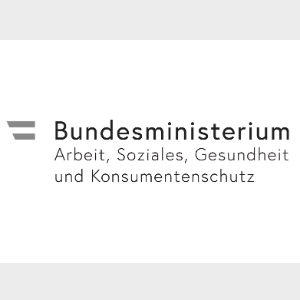Iceland HiT (2014)
Download
Average life expectancy at birth is high in Iceland: 81.6 years for men and 84.3 for women in 2012. As measured in healthy life years (HLY), the health status of the Icelandic population is better than the European average.
The small, state-centred, publicly funded health system guarantees universal coverage with the state as payer and provider of most health care services. However, since 1990, the number and scope of private non-profit and for-profit providers has increased, especially through a rapid growth in private specialist care at the expense of more developed (and publicly provided) primary care services.
The high levels of health care resources and utilization, in the context of an ageing population and other public health challenges (such as obesity), as well as the continued impact of the country’s financial collapse in 2008, have been particularly challenging for the financial sustainability of the current system, which is increasingly shifting costs from public coverage to private households.
The most important reform challenge is to change the pattern of health care utilization, steering it away from the most expensive end of the health services spectrum towards more cost-efficient and effective alternatives. To a large degree, this will involve renewed attempts to prioritize primary care as the first port of call for patients, and possibly to introduce a gate-keeping function for GPs in order to moderate the use of specialist services.
HiT health system reviews are country-based reports that provide a detailed description of a country's health system and of reform and policy initiatives in progress or under development. More up-to-date information on many countries can be found on our Health Systems and Policy Monitor (HSPM).





















